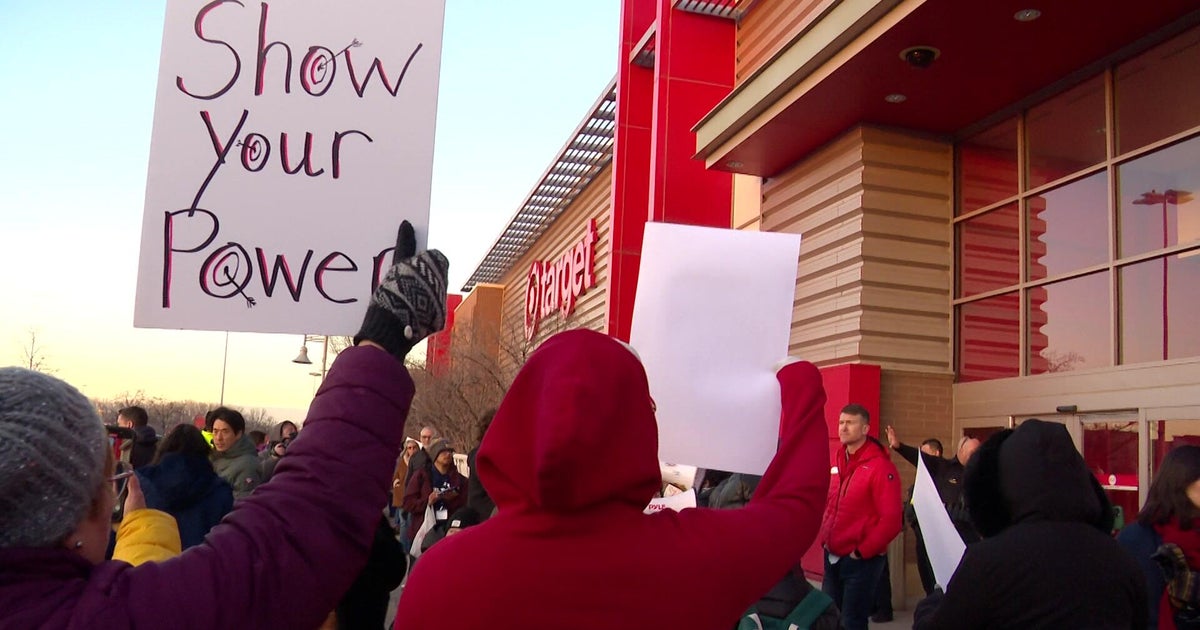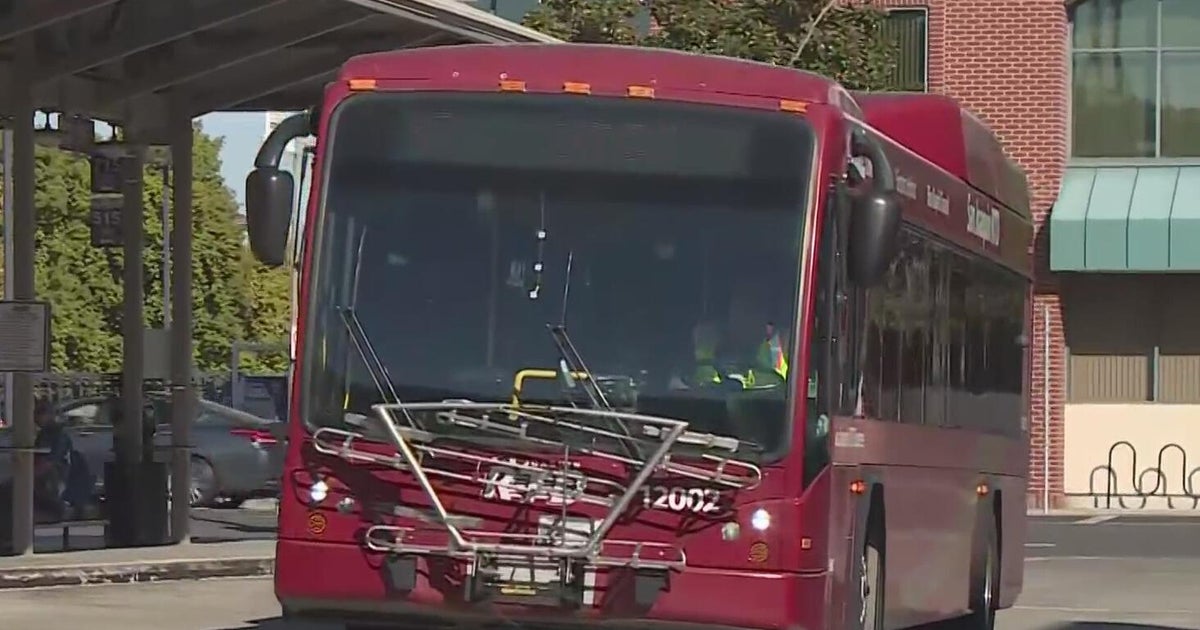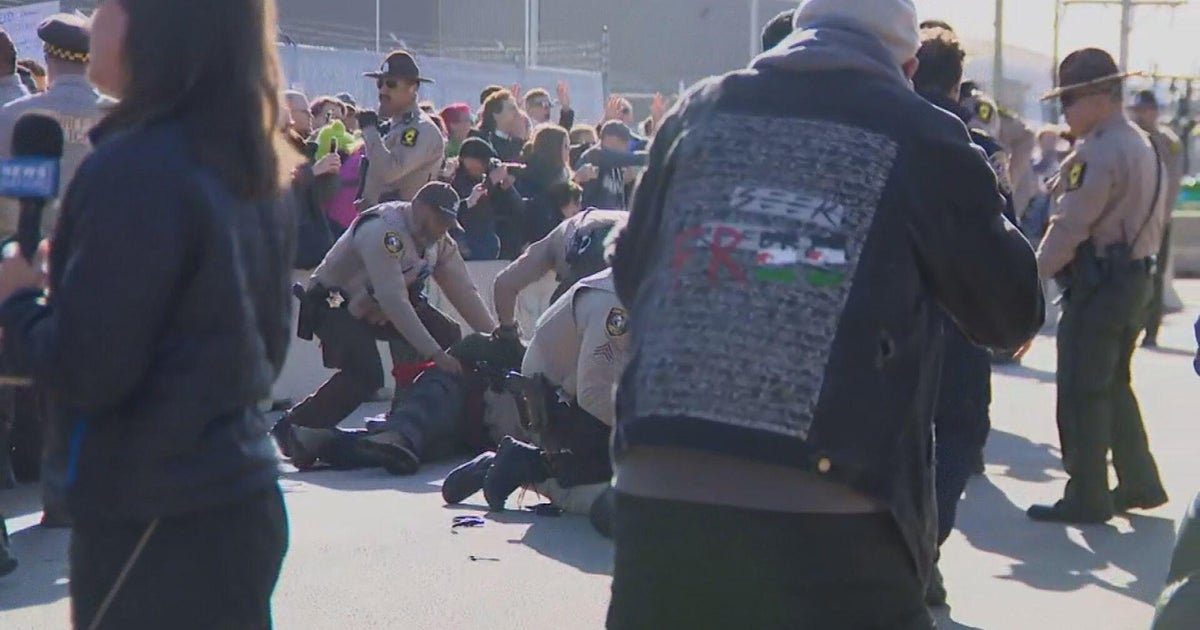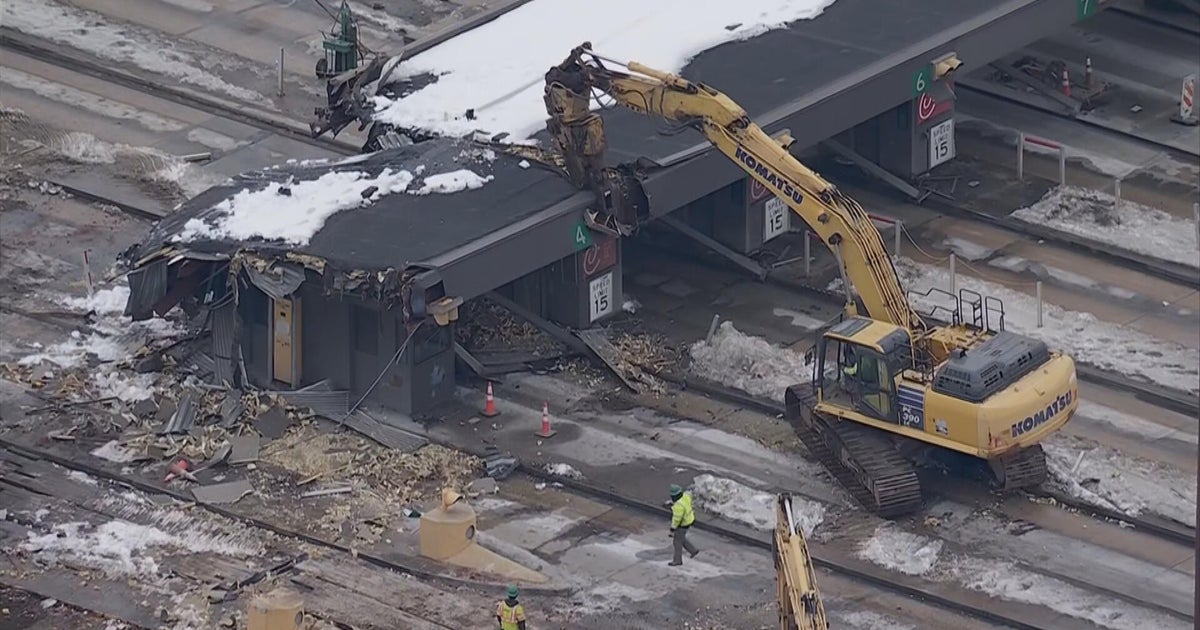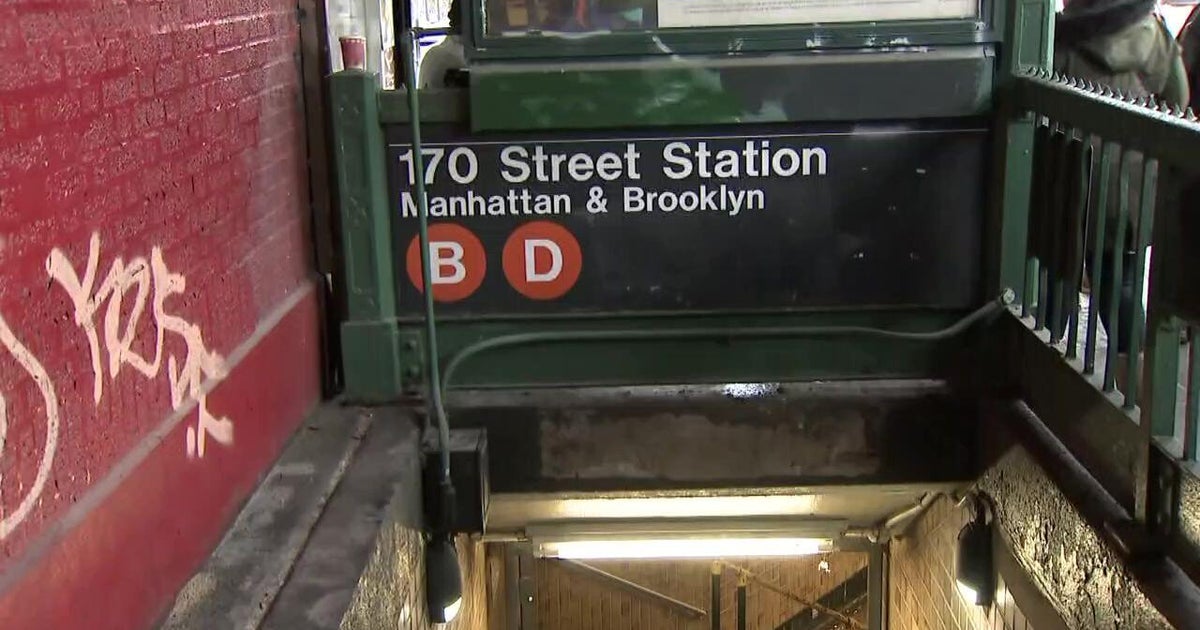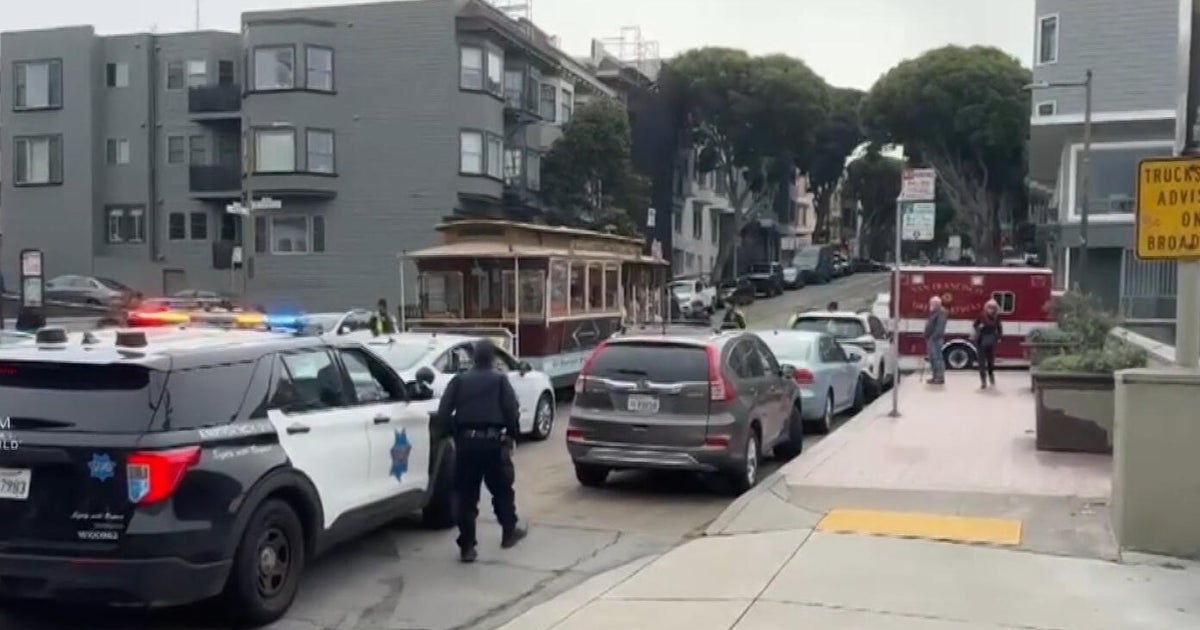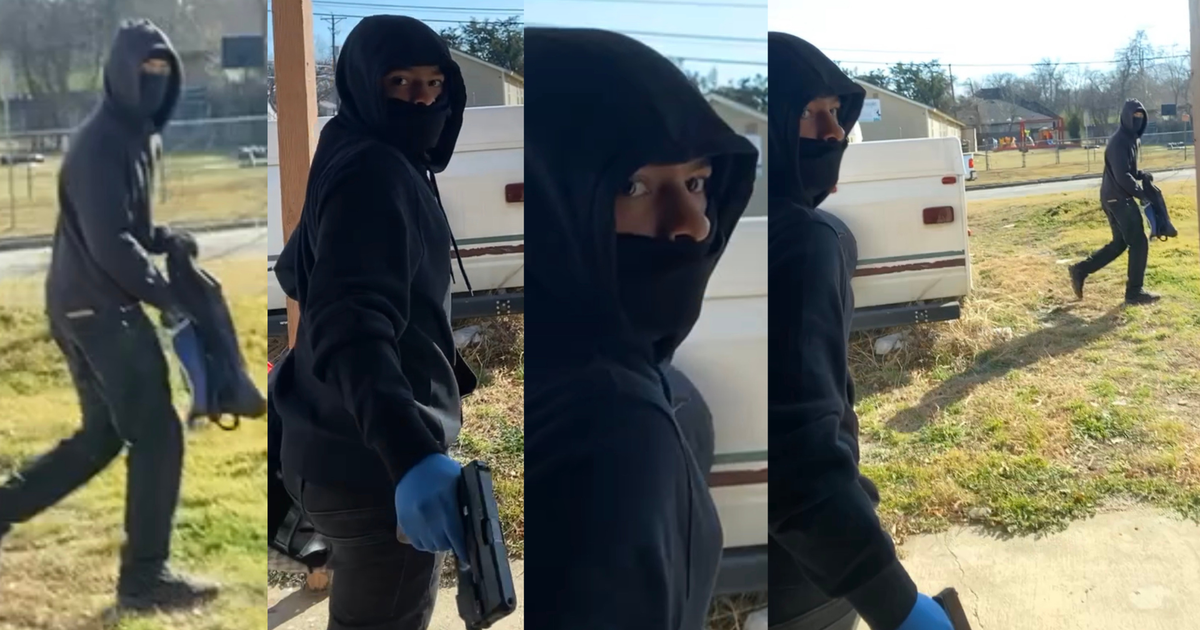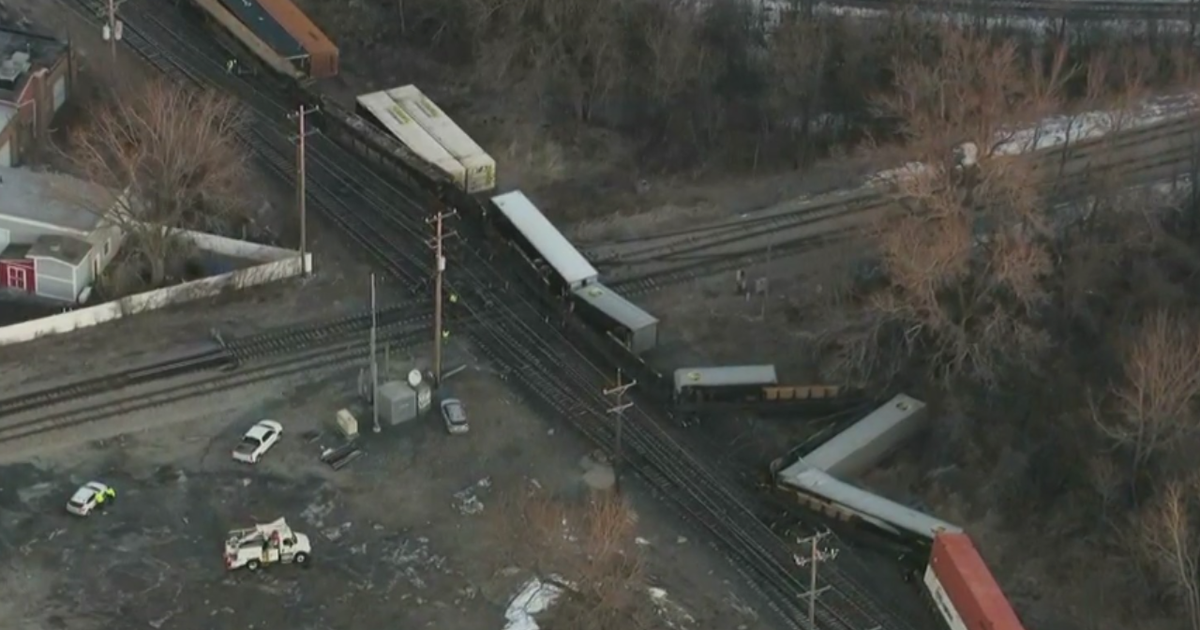Civic Center, Powell Stations Closed In BART Protest, Dozens Arrested
SAN FRANCISCO (CBS / AP) -- Police have arrested roughly three dozen protesters and have reopened two downtown San Francisco Bay Area Rapid Transit stations that were closed during Monday evening's commute.
About 100 demonstrators on Monday were protesting the transit agency's decision to cut wireless service in its San Francisco stations earlier this month to quell another demonstration. BART's action touched off a worldwide debate over free speech and prompted retaliation by hackers.
The Civic Center station was closed around 5:30 p.m. and the Powell Street station closed around 5:45 p.m. After a series of closures, BART announced both stations were once again open as of 8:30 p.m.
A few dozen protesters gathered on the Civic Center BART platform at 5 p.m. BART quickly closed the station when protests began; arresting several protesters that raised their voices, declaring it was illegal to protest on the BART platform.
The protesters chose the platform to gather because Charles Hill was killed there by a BART police officer on July 3, after Hill allegedly attacked the officer with a knife. The shooting set off a string of protests that have shut down San Francisco BART stations three times since then.
After being ordered to leave the station, demonstrators moved to the street, joining with other protesters already there, and 50-60 started marching east on Market Street. They blocked traffic, yelling "No justice, no peace!" and "Hey BART, what do you say, how many kids did you kill today?"
Police on foot escorted the protesters on either side, directing traffic with motorcycles in front of the march, and police cars in the rear.
When protesters arrived at the Ferry Building at Embarcadero Plaza, they demanded to be let into the building. Police blocked protesters from entering, while employees peered out at the unruly mob. Some demonstrators wore masks, others carried signs against censorship and police brutality, and two even protested naked.
Shortly after, protesters turned around to march back west on Market Street. The protest grew as they marched, and at certain points there were more than 100 demonstrators.
They marched to United Nations Plaza, outside the Civic Center BART station, where they briefly gathered in the plaza around a portable radio playing dance music. A handful of protesters then blocked Market Street outside the plaza, between Seventh and Eighth streets.
Police then announced the demonstration on Market Street was illegal, as it blocked traffic in both directions, even holding up a San Francisco Municipal Railway train proceeding west on Market Street.
Police made several arrests as they tried to push the crowd back onto the sidewalk. Protesters set off firecrackers and pushed police lines, but were eventually corralled back onto the sidewalk.
Protesters then took off east again, this time running at times to stay ahead of police, lighting smoke bombs and throwing them into the street, and overturning garbage cans.
Protesters darted in and out of the streets, running to avoid police, before reconvening and marching nearly to Montgomery Street. They turned around before reaching Montgomery Street, heading back west.
At the corner of Market and Fourth streets, police attempted to disrupt protesters by forming a line and demanding protesters return to the sidewalk. At least one protester was arrested, held down by several police as he lay on his stomach in the middle of the busy intersection. Protesters were scattered between the corners, yelling at police that held them on the sidewalk.
A group of about 40 protesters reconvened west of the police lines and started marching west on Market Street again, blocking traffic without a police escort. More demonstrators used garbage cans to block traffic and threw firecrackers into the street.
At Grove Street the demonstrators turned right, and some shouted that they were marching to City Hall. But police formed a line at Larkin Street, and used batons to force protesters onto the sidewalk, knocking several to the pavement.
About 40 protesters and some members of the media were detained in an encirclement of police on Grove Street between Market Street and Larkin Street. As of 9 p.m., police were still in the process of making arrests.
The protests forced the closure of the Civic Center and Powell Street stations at several points throughout the evening. Civic Center was closed for a total of two hours and 36 minutes and Powell Street for a total of one hour and 38 minutes, according to BART.
Monday night marks the third time since July 11 that protests caused station closures during rush hour in San Francisco.
On July 11, the group No Justice, No BART organized a protest in response to the BART police shooting of Hill. During that demonstration, protesters blocked train doors to prevent them from leaving the station, resulting in the closure of three San Francisco BART stations.
On Aug. 11, BART said it had intelligence that another more disruptive protest was being planned and shut down cellphone service in several stations to prevent protesters from communicating in stations and tunnels.
That protest failed to materialize, leading BART spokesman Linton Johnson to declare the precaution was successful in disrupting the protest.
But blocking cellphone service has drawn more attention to BART. Civil rights groups have blasted BART for the unusual tactic, calling it illegal and unconstitutional.
The hacker protest group "Anonymous" reacted angrily, and called on their loose collective of members to hack BART websites, flood BART offices with emails, faxes and phone calls, and called for another protest on Aug. 15.
That protest shut down all four downtown San Francisco BART stations, leaving commuters trapped outside of locked gates.
BART has continued to defend the decision to block cellphone service, most recently in a letter to BART customers Saturday explaining the service disruptions and stressing that stopping cellphone service was necessary to ensure safety on the platform.
BART's defense has not stopped criticism of the agency, however. On Monday, the National Lawyers Guild released its own statement condemning BART's actions as unconstitutional.
"The BART decision to terminate cellphone service during public protests is an unconstitutional prior restraint on free speech precisely designed to censor criticism of the deadly use of force by BART police," the statement said.
(Copyright 2011 by CBS San Francisco. All Rights Reserved. This material may not be published, broadcast, rewritten, or redistributed.)
